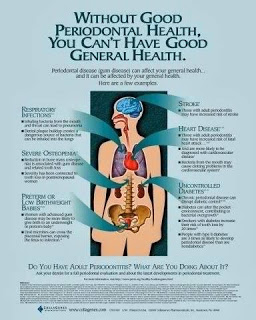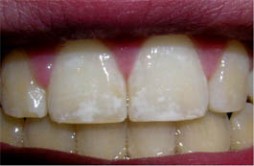When you eat hot or cold food does it make you wince? How about brushing or flossing your teeth, do you feel any pain? If so, you may have a condition of sensitive teeth. For many people, having sensitive teeth is common. However, if you have sensitive teeth frequently or it really bothers you, then you may want to visit your west chicago dentist to determine if it is a result of a more serious condition.
The west chicago il dentist commonly see sensitive teeth affecting many people. It tends to develop over time and gradually creates hypersensitivity when using or caring for your teeth. Sensitivity is caused by an exposure of dentin which lies under the enamel of your teeth. Dentin is a soft tissue that is made up of small hollow tubes and canals and is near the nerves and cells inside your tooth. Once food particles or temperature reaches the exposed dentin, it then creates a surge of pain or sensitivity.
Sometimes sensitive teeth can be caused by a variety of dental conditions. If you are brushing too hard or tend to grind your teeth at night, that may cause your teeth enamel to wear out and expose the dentin. Or if you have a gum disease such as gingivitis or if you have receding gums, then the gum tissue can become weaken or inflamed which then also causes the exposure of dentin. Be sure to see the dentist west chicago regularly to help ease the pain of sensitivity.
Sensitive teeth can be easily treated by changing your tooth paste that will help block the sensation of sensitivity from your teeth. Or if you feel that your situation may be more severe, then asking your dentist west chicago il for suggestions of treatment would also be helpful.
However proper oral hygiene is the first step in preventing sensitive teeth. Your dentist in west chicago would be able to provide more information about how to properly maintain a healthy mouth.
Blog Maintained by Identity Dental Marketing Company



